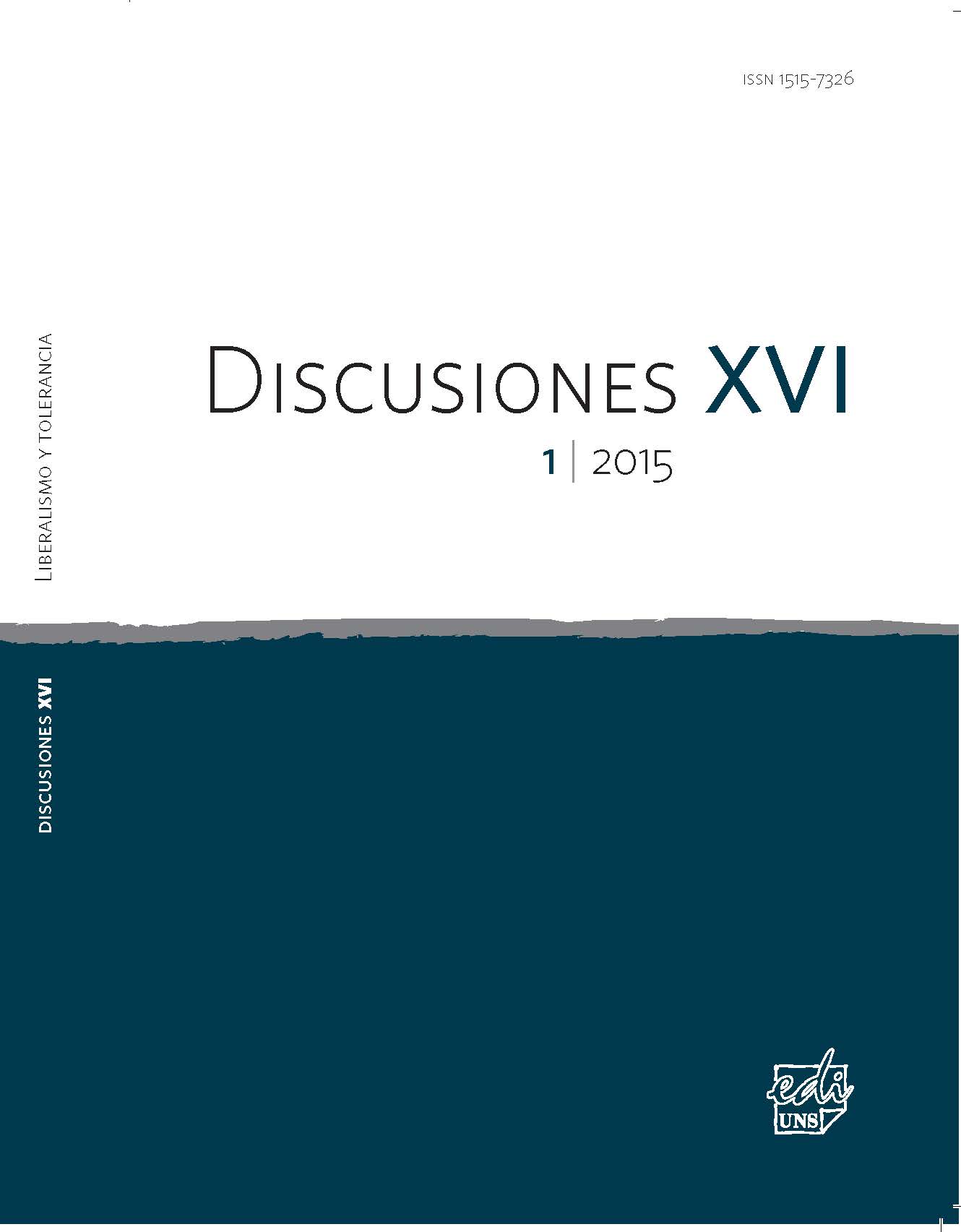Tolerance, Modus Vivendi and Consensus in Rawlsian Liberalism
DOI:
https://doi.org/10.52292/j.dsc.2015.2419Keywords:
Deontological liberalism, Tolerance, Modus vivendi, Overlapped consensusAbstract
In this dialogue with René González de la Vega, I uphold that rawlsian political conception is not completely vulnerable to the Objection against Deontological Liberalism, but it is vulnerable to the objections that question the fact that basic structures are the primary object of justice. Thus, first, I point that an objection from the point of view of the subject of tolerance is not entirely effective because Rawls only takes into account personal virtues for stability reasons. Second, I claim that Rawls conceives of tolerance as an element of stability, as his ultimate goal is the overlapping consensus. This consensus ––not tolerance–– is the “normative promise” to solve conflicts among values on a democratic society characterized by reasonable pluralism. Third, I try to show that the Principles of Justice do not act as a Justifying Normative System because, due to their strictly political character, they are not conceived of as a device solving moral dilemmas outside the political sphere, although they are relevant for settling constitutional issues.
Downloads
Downloads
Published
How to Cite
Issue
Section
License
Discusiones does not withhold rights of reproduction or copyright. Consequently, authors may share the final versions of publications.


